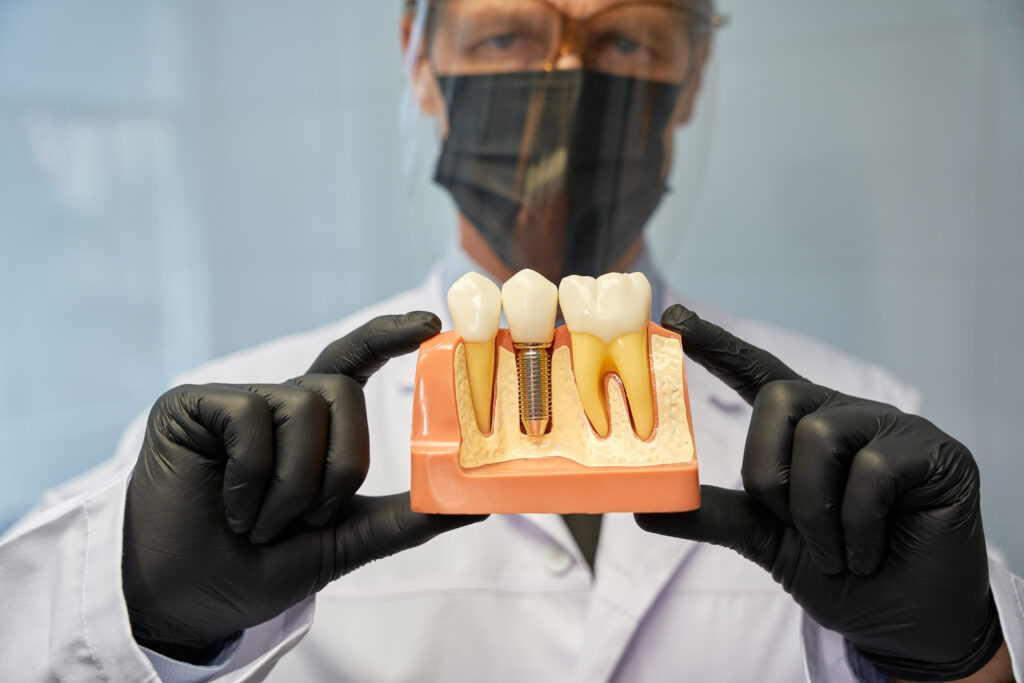
Wisdom teeth removal is a common topic in dentistry. You’ve likely seen videos online of people after getting their wisdom teeth out, acting a little out of it to the anesthesia.
But what exactly are wisdom teeth? Why do we have them, especially if so many people need them removed? When do you need them removed? Keep reading to find out more.
What Exactly Are Wisdom Teeth… and Why Do We Have Them?
Wisdom teeth are the last set of molars to grow into your mouth. However, they’re around for longer than that.
They begin formation when you’re about 10 years old. It’s not until your late teens or early 20s that they start to poke through the gums. That’s why they’re called wisdom teeth.
Wisdom teeth removal is often seen as a rite of passage into adulthood. But it wasn’t always that way.
Long ago, our ancestors ate much tougher foods: leaves, roots, and raw meat are just some examples. To eat these foods, our ancestors needed more teeth, and thus, a larger jaw. Our wisdom teeth fit snugly in our mouths so that we could eat these foods by adulthood.
Nowadays, our diets don’t necessitate so many teeth or such a large jaw. Our jaws have shrunk. But evolution’s been slower in removing our wisdom teeth. Some people never grow wisdom teeth, while others do, but are able to accommodate them.
But for the vast majority of people, these teeth cause problems and will have to be removed.
Why Do Wisdom Teeth Need to Be Removed So Often?
As mentioned, our jaws are no longer big enough to accommodate wisdom teeth. Your current teeth can block their normal growth. As a result, your wisdom teeth can grow at several bad angles, such as horizontally or sideways.
As you might expect, this can damage surrounding nerves, teeth, gums, and your jawbone. Eventually, when the tooth comes through, it can cause food to get trapped in your gums and lead to gum disease. If gum disease progresses, you could suffer lost teeth or jawbone damage.
Is it Time to Get Your Wisdom Teeth Removed?
The following symptoms may indicate that its time to have your wisdom teeth removed:
- Bad breath
- Gum swelling
- Jaw pain and/or stiffness
- Jaw swelling
- Pain at the wisdom tooth site
- Prolonged jaw ache or headache
- Unpleasant taste near wisdom teeth
Of course, many of these are symptoms of other oral health issues as well. The best way to know if you have wisdom teeth in need of removal is to visit your dentist regularly and get x-rays.
If you’ve experienced any of the above symptoms, schedule an appointment with Absolute Smile today. We’ll help you see if your wisdom teeth are in need of removal, or if it’s another issue. Contact us today!







